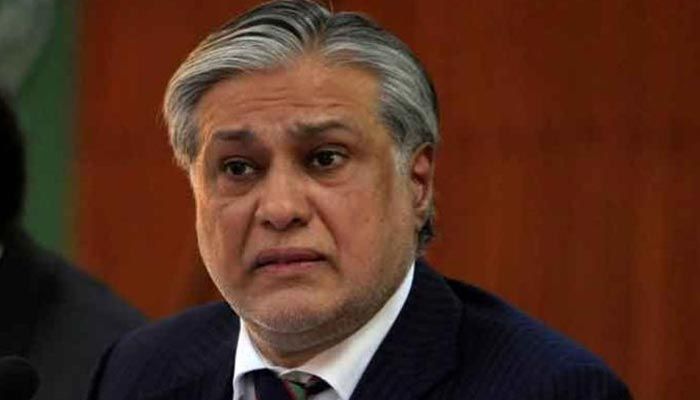The Pakistani government has made significant changes to its budget for the upcoming fiscal year in an effort to secure critical funding from the International Monetary Fund (IMF). Finance Minister Ishaq Dar announced the revised measures, which include fiscal tightening and tax increases, aimed at generating an additional Rs215 billion in revenue and reducing spending by Rs85 billion without impacting the federal development budget or government employee salaries and pensions.
Under the revised budget, the government aims to achieve a revenue collection target of Rs9.415 trillion, with total spending set at Rs14.48 trillion. The share of provinces in the budget will be increased to Rs5.39 trillion. The changes are expected to improve the fiscal deficit, according to Minister Dar, who emphasized that the new taxes were designed to minimize the impact on the poor.
The revised budget also includes lifting import restrictions that were imposed in December to address the country’s current account deficit, a key concern for the IMF. Additionally, the Benazir Income Support Programme’s allocation has been raised to Rs466 billion for the next fiscal year, and the petroleum development levy will be increased from Rs50 to Rs60 per liter.
These budget revisions come as Pakistan seeks to secure $1.1 billion of funding from the IMF, which has been delayed since November. Prime Minister Shehbaz Sharif recently met with IMF Managing Director Kristalina Georgieva to discuss the loan program, set to expire on June 30. Finance Minister Dar expressed optimism about reaching an agreement with the IMF, assuring the public of the government’s commitment to completing the program successfully.
The new revenue measures introduced in the revised budget, along with those from the previous mini-budget in February, amount to Rs 938 billion. The government aims to achieve a 28% higher revenue target for the next fiscal year, primarily relying on the projected economic growth of 3.5%, average inflation of 21%, and additional tax measures. Autonomous revenue growth, driven by GDP growth and inflation, is projected to contribute Rs1.76 trillion to the budget.
In addition to the tax changes, the government has also decided to retain the super tax and the 0.6% tax on cash withdrawals from banks. Furthermore, a federal excise duty of Rs2,000 on inefficient fans will be imposed from January 1, 2024, allowing manufacturers time to transition to more efficient technology.
The finance minister also announced the formation of a new three-member alternate dispute resolution committee, tasked with resolving 62,000 cases involving approximately Rs3.2 trillion currently stuck in legal proceedings. The decisions made by the committee will be binding on the Federal Board of Revenue (FBR), with taxpayers retaining the right to appeal.
As the government continues its efforts to complete the IMF review, further tax amendments are expected to be included in the finance bill. The details of these amendments will be announced in due course.


